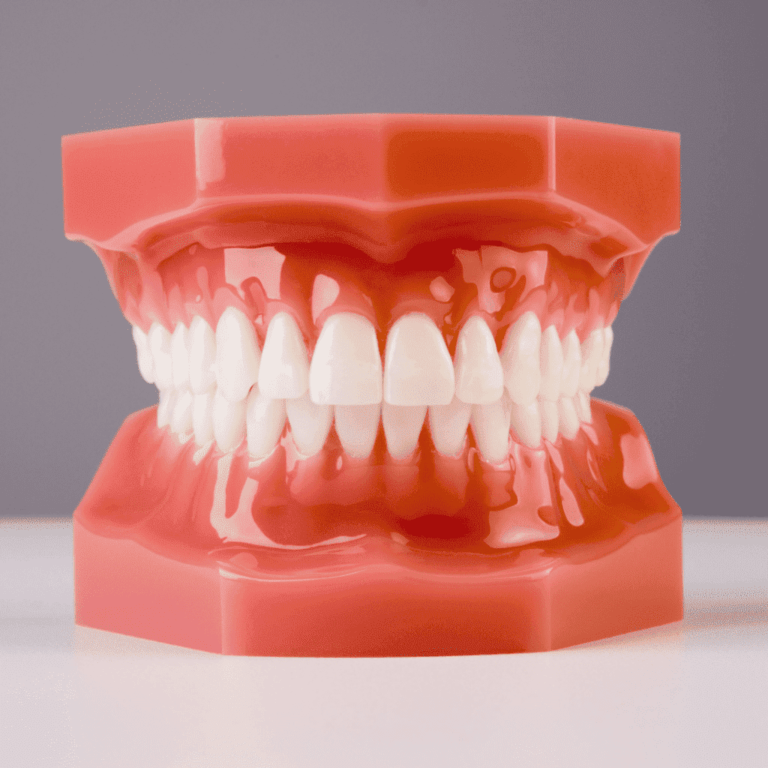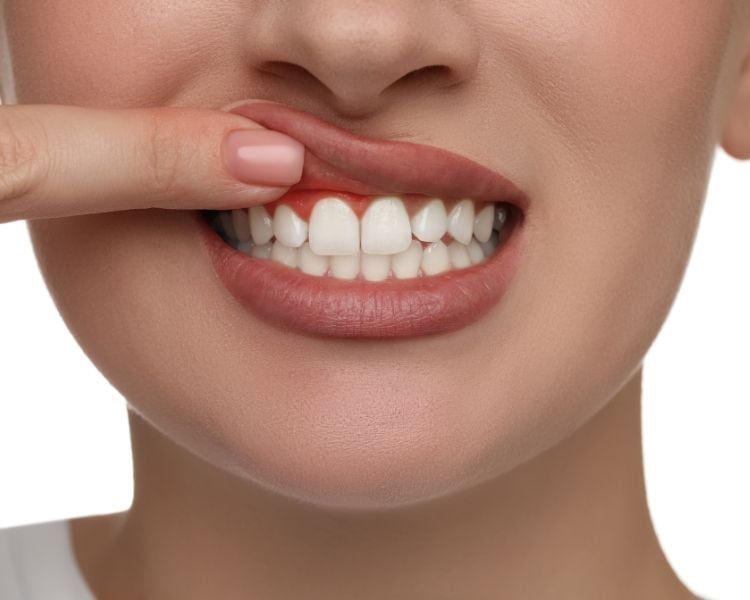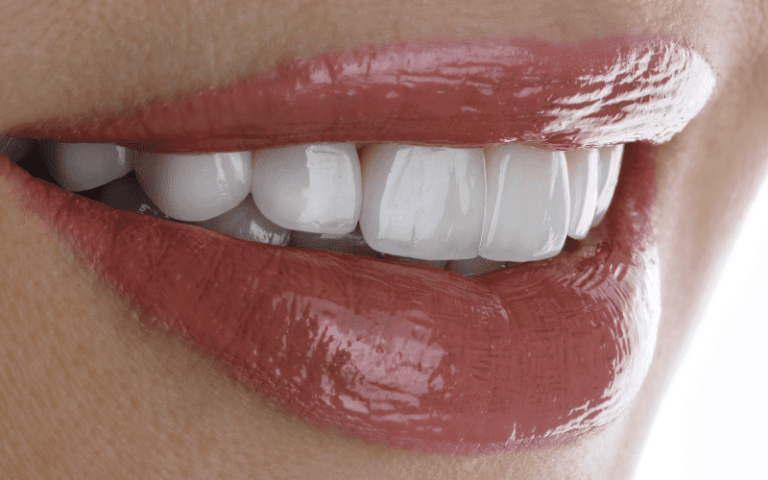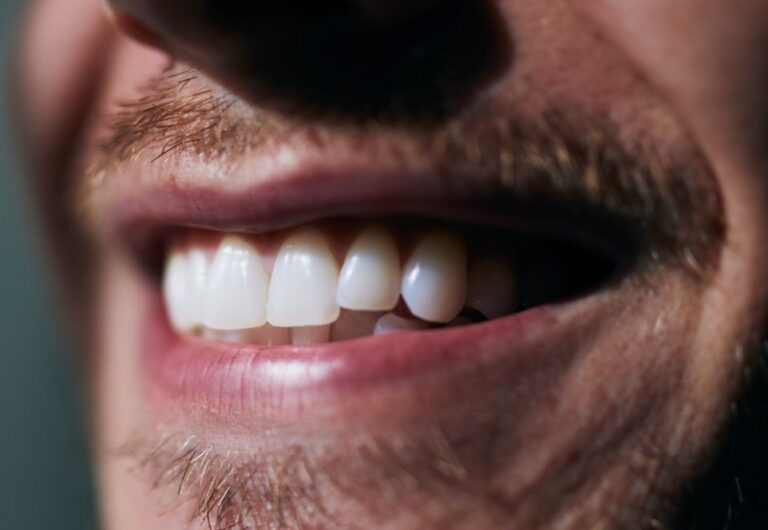Tooth Sensitivity After Crown: All You Need to Know
A new dental crown can commonly be tempered by the unexpected sensation of post-treatment tooth sensitivity. For many patients, this can come as a surprise, as they associate crown placement with immediate improvement in tooth health and function. In this comprehensive guide, we’ll learn the potential causes of tooth sensitivity after crowns, how to manage it, and crucial tips for prevention that go beyond the dentist chair.
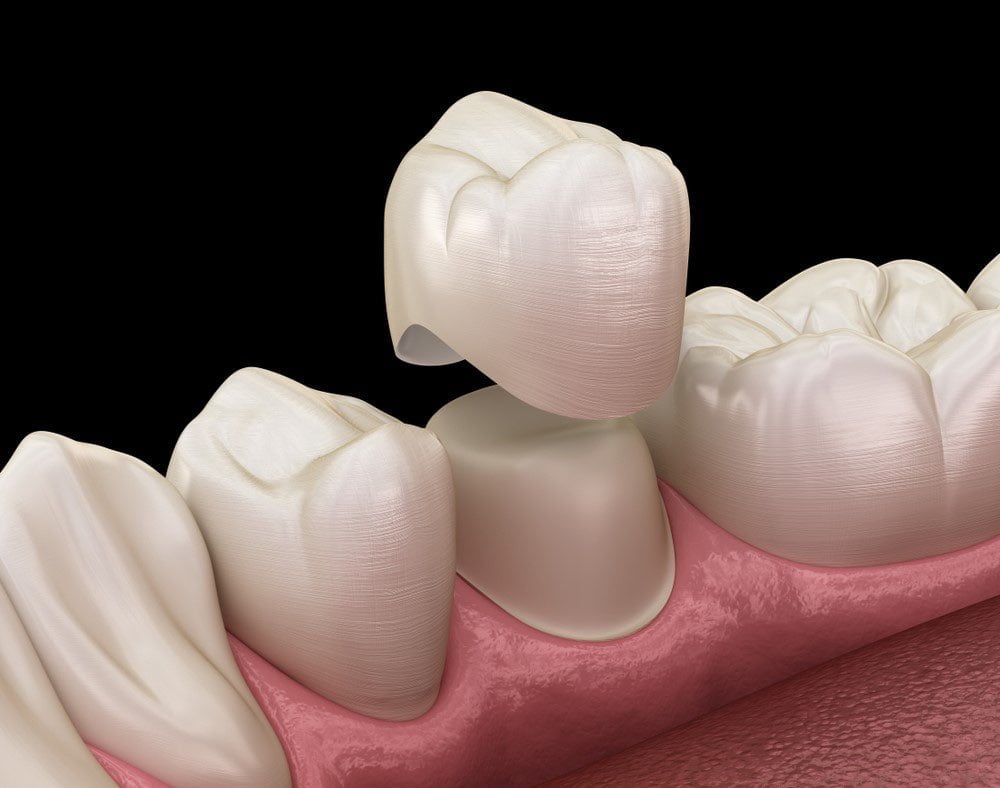
Potential Causes of Tooth Sensitivity After Crown
The peak of post-crown sensitivity is typically experienced a few days after the procedure and can persist for a few weeks. This sensitivity can manifest as a twinge of pain or discomfort when consuming hot or cold food and beverages, or even breathing cold air. But this is generally temporary, and the tooth should eventually adapt to its new crown.
Other Causes
- Poorly Fitted Crown: If the crown is not placed correctly, it can leave room for bacteria to accumulate and irritate the underlying tooth structure. This irritation can lead to increased sensitivity.
- Nerve Irritation: During the preparation process, some patients may experience nerve sensitivity as a result of drilling or other procedures. While this is usually temporary and subsides after a few days, in rare cases, it can persist and require further treatment.
- Gum Recession or gum disease: Crown placement may expose some of the tooth’s root structure, which is not protected by enamel. This can lead to increased sensitivity as the nerves and tissues in this area are more exposed.
- Bite Alignment Issues: If your dental crown changes the way your teeth come together, this can lead to increased sensitivity. A misaligned bite can put undue pressure on crowned teeth.
- Nerve Inflammation (Pulpitis): If the dental pulp is aggravated during the crown placement, it can lead to inflammation of the nerve, resulting in heightened sensitivity.
- Allergic Reactions: Although rare, some people may be allergic to the metals or ceramics used in crown fabrication, leading to various symptoms, including sensitivity. Also some types of cements used to secure crowns can cause sensitivity.
How to Manage Tooth Sensitivity After Crowns
- Communication: If you experience extensive or lasting sensitivity, inform your dentist. They can evaluate your situation and recommend the best treatment for relief.
- Practice Good Oral Hygiene: Continue to brush and floss regularly, but be gentle around the sensitive area. Use a soft-bristled toothbrush and avoid vigorous brushing.
- Try a Saltwater Rinse: Mix one teaspoon of salt in warm water and rinse your mouth with it for about 30 seconds. This can help reduce inflammation and discomfort.
- Stay Away From Acidic Foods: Avoid acidic food and drinks, such as citrus fruits and juices, coffee, and carbonated beverages. These can irritate the exposed nerves.
- Switch to a Soft-Bristle Toothbrush: A soft-bristled toothbrush can minimize stress on sensitive teeth. When brushing, using a gentle circular motion and not too much pressure can help.
- Avoid Extremely Hot or Cold Foods and Drinks: Steering clear of extreme temperatures can provide relief to sensitive teeth as your body stabilizes its response over time.
- Wait it Out: Most cases of sensitivity after a dental crown will go away on their own within a few weeks. Be patient, and practice good oral hygiene to help alleviate discomfort.
Over-the-Counter Remedies
- Desensitizing Toothpaste: Over-the-counter desensitizing toothpaste can be a game-changer in managing sensitivity. It works by blocking pain signals from the tooth nerve to the brain.
- Oral Anesthetics: Gels and mouthwashes containing anesthetics can provide temporary relief by numbing the sensitive area.
- Take Over-the-counter Pain Relievers: If your sensitivity is severe, over-the-counter pain relievers like ibuprofen can offer temporary relief.
Professional Treatments
- Resin Adhesives: Your dentist may apply a resin adhesive to the area with special gels. These seal the dentinal tubules—the channels that connect the outside of the tooth to the inside—to reduce sensitivity.
- Fluoride Application: Fluoride treatments can strengthen the enamel, reducing the likelihood of discomfort from hot and cold temperatures.
Prevention is Key: Beyond the Dentist’s Chair
Prevention is always better than cure. Here are some helpful tips to prevent tooth sensitivity after getting a dental crown:
Choose an Experienced Provider: Make sure you choose a reputable and experienced dentist for your dental crown procedure.
Follow Post-Procedure Instructions: Your dentist will provide care instructions after your crown placement, be sure to follow them carefully. Read our blog for Dental Crown Aftercare.
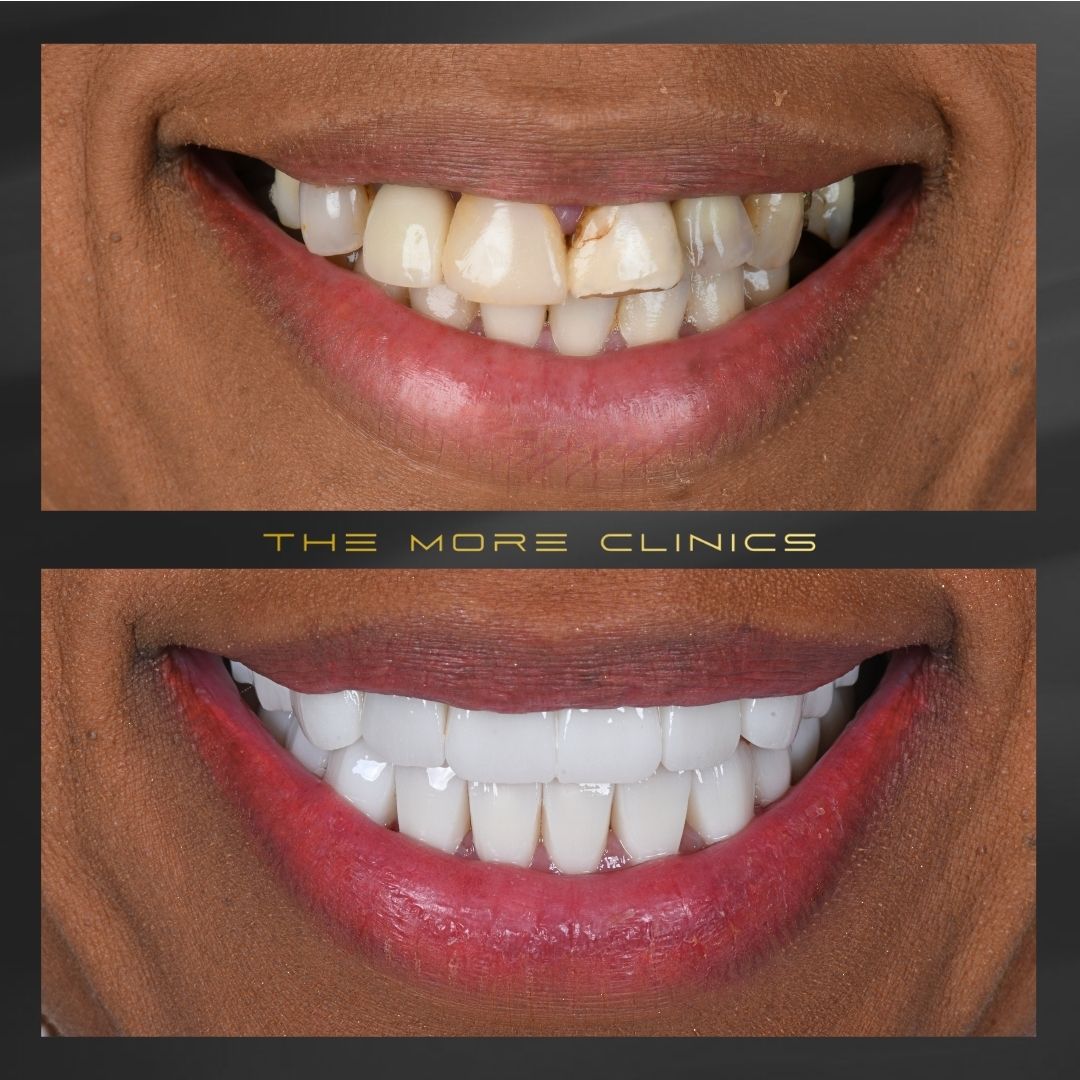
Consider Alternative Materials: If you have a history of allergies to certain materials, discuss this with your dentist before the procedure.
Practice Good Oral Hygiene: This cannot be stressed enough. Regular brushing and flossing can help prevent decay and infection, both of which can lead to sensitivity.
FAQs
Sensitivity after getting a dental crown typically lasts a few days to a few weeks. If the sensitivity persists beyond this time, it’s important to consult your dentist as it might indicate other underlying issues.
Yes, a poorly fitted crown can and should be adjusted by your dentist. If you suspect your crown is not fitted properly, schedule an appointment for an evaluation.
Some discomfort might be experienced initially as you adjust to your new crown. However, persistent pain or discomfort when biting down could indicate an issue with the crown’s fit or bite alignment, which needs to be addressed by your dentist.
Allergic reactions to dental crowns are rare but can happen. Symptoms may include itching, rash, or sensitivity in the mouth. If you experience any of these symptoms, contact your dentist immediately for an evaluation.
Yes, adopting a gentle dental care routine using a soft-bristled toothbrush, non-abrasive toothpaste, and avoiding extreme temperatures in food and drinks can help manage and prevent sensitivity after getting a crown.
Last Words from the More Clinics
Tooth sensitivity after a dental crown is relatively common, but it is usually temporary and manageable. By understanding the potential causes, following proper management techniques, and taking preventive measures, you can ensure a smooth recovery and enjoy the benefits of a healthy, functional, and aesthetically pleasing dental crown. Remember to communicate with your dentist if you experience prolonged or severe sensitivity for proper evaluation and treatment.
GET A FREE CONSULTATION!
Let’s Start Planning Your Treatment %100 Guarantee Results.

